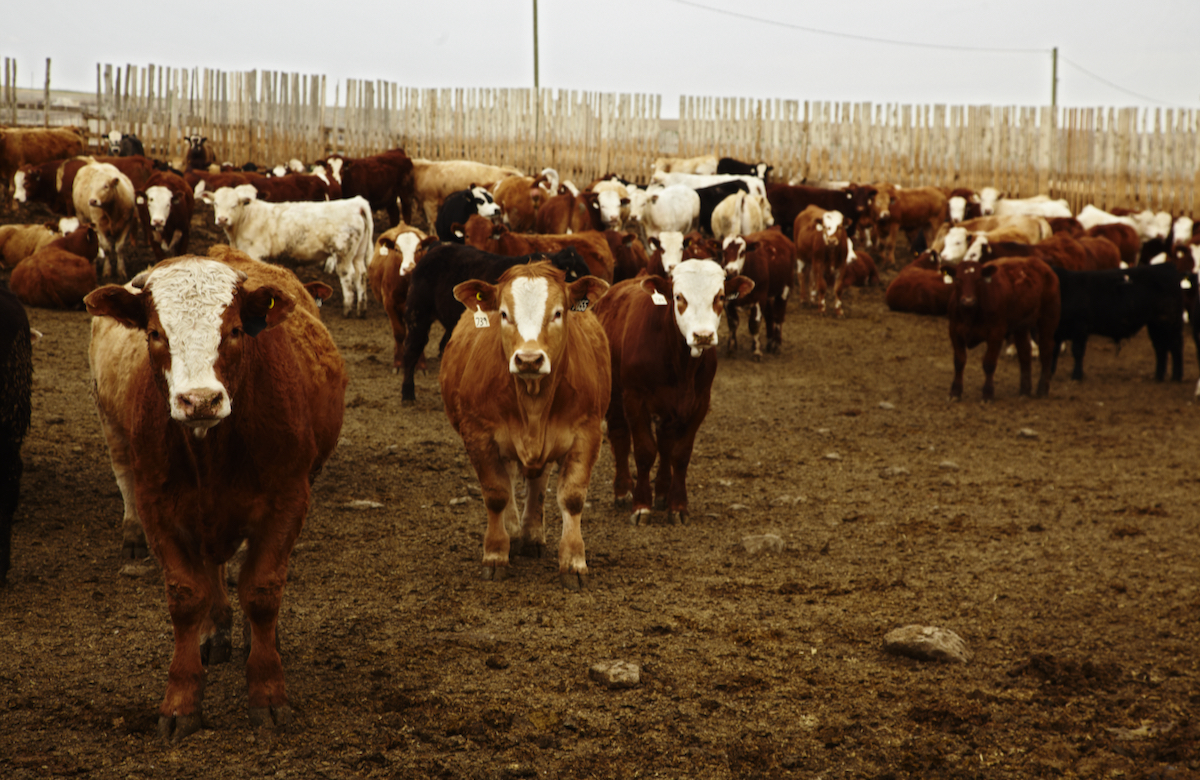The Newfoundland and Labrador government will put up over $170,000 to expand the Centre for Agrifood Development at the College of the North Atlantic.
The centre, at CNA’s Carbonear campus, about 110 km west of St. John’s, will get $170,720 from the province’s Innovation Enhancement Program (IEP) to add a food technologist and a plant co-ordinator to its staff and make upgrades to the its test kitchen.
“These additions will enable the centre to offer food technology services and other supports to the agrifood industry to solve issues related to recipe development, packaging, food science and analysis,” the province said in a release Wednesday. “The centre will also respond to challenges related to import and export development, and assist with individual market assessments.”
Read Also

U.S. livestock: Cattle at fresh highs, hogs weaken
Cattle futures on the Chicago Mercantile Exchange climbed to fresh highs on Tuesday, as tight supplies and the ongoing closure…
The centre was developed to help local businesses analyze and market innovative agrifood products and to help attract new business opportunities for the industry.
With this expansion, “local businesses will be better positioned to develop and commercialize high-quality products, enabling them to expand their market reach,” Carbonear-Harbour Grace MHA Jerome Kennedy said in the province’s release.
The IEP is administered by the department of innovation, trade and rural development and provides non-repayable contributions up to 50 per cent of eligible project costs, to a maximum of $250,000 per project.















